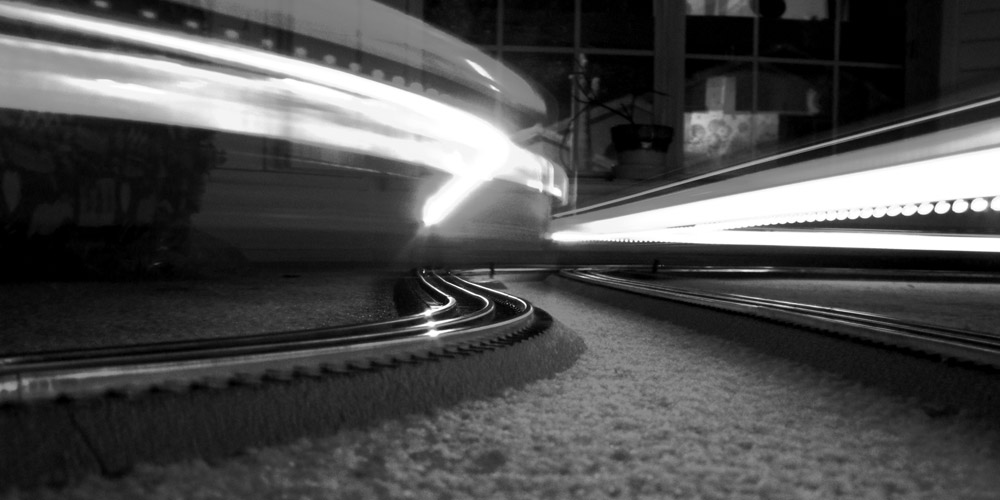Labour’s Britain: The case for more public ownership
Tony Blair portrayed himself as a non-ideological, pragmatic leader whose mantra was that he supported ‘what worked’. Unfortunately this wasn’t true. During the debate on the privatisation of air traffic control he told me, in a private meeting, that however strong...
Tony Blair portrayed himself as a non-ideological, pragmatic leader whose mantra was that he supported ‘what worked’. Unfortunately this wasn’t true.
During the debate on the privatisation of air traffic control he told me, in a private meeting, that however strong the arguments were against placing air traffic control in private ownership he believed that ‘the private sector simply do things better’. This was a position that was as ideological as it was Thatcherite. This view is a cuckoo in Labour’s nest, it’s time we threw it out and examined what has really worked.
Of the massive privatisations of the 80s and 90s I think most people would agree that it would seem very peculiar to even consider spending money on renationalising an airline or part of the telecommunications business. It simply would not make sense to spend money nationalising parts of these industries as they are commercially successful in functioning markets.
It is worth remembering that the prime motivation for privatisation was not Exchequer gain but an ideological belief in free markets and a wider distribution of private ownership and property; so said Nigel Lawson when privatising Britain’s gas industry.
When Thatcher came to power 40 per cent of the shares in British companies were held by individuals, it is now under 12 per cent. By Nigel Lawson’s and Margaret Thatcher’s objectives all their privatisations have failed even if some have succeeded commercially.
Labour has made a fool of itself when mimicking the Tory’s privatisations. Gordon Brown’s privatisation of the London underground was a debacle that is still costing the taxpayer a fortune.
The privatisation of rail, gas, electricity, water, mail and housing as well as the deregulation of buses have damaged public services and hit the taxpayer’s pocket hard. Most of us in the Labour Party believe that we can create a fairer and better society by judiciously regulating and intervening in the market. We need to reclaim public ownership as a weapon in this fight. How we use this weapon will vary from industry to industry.
Rail should be the easiest to take back into public control, we just need to do the opposite of the coalition government. Only in a privatised system could record numbers of passengers and the highest fares ever lead to ever greater subsidy. Directly Operated Railways, the publically owned train operating company that runs on the East Coast Main Line, is returning hundreds of millions of pounds to the Treasury yet this route is to be privatised by the coalition. While all the other routes run by private operators are to have their franchises extended. This is absurd. Different, publically owned companies should be running all the franchises like Directly Operated Rail.
It was a disgrace that the last Labour government did not reregulate the bus industry. This has allowed private bus companies to cream off profits from roads in densely populated areas and leave isolated communities without any service. On taking office Labour should introduce London’s regulated system all over the country and use the huge public subsidy that goes into the bottom line of bus companies’ accounts to gradually take the parasitic bus companies back into municipal ownership. The taxpayer subsidises every private bus, on average, by 50 per cent of its running costs.
A number of studies have shown that electricity prices are between 10 per cent and 20 per cent higher than they would have been without privatisation. Regulators and government struggle to prove profiteering and anti-competitive behaviour when foreign owned energy companies have opaque accountancy practices. How much better to set up a transparent, nationalised energy company to compete.
In housing we simply need to build more municipal and housing association homes to rent.
If we want to retain a universal postal service we should increase the public’s share in Royal Mail to more than 50 per cent.
Water will be more difficult but can gradually be taken back into public ownership.
Public ownership in its many forms municipal, cooperative or national should be embraced. It has been a costly mistake not to put forward the argument for public ownership. The facts are clear: public ownership is more efficient and less costly in many cases than the private sector. It is sometimes the only way that the whole of society can benefit from our country’s resources.
It is this intellectual cowardice that has allowed for the stealthy, commercialisation and privatisation of the health service. After all defending democratic control and public ownership of the health service should not be ideologically difficult.
